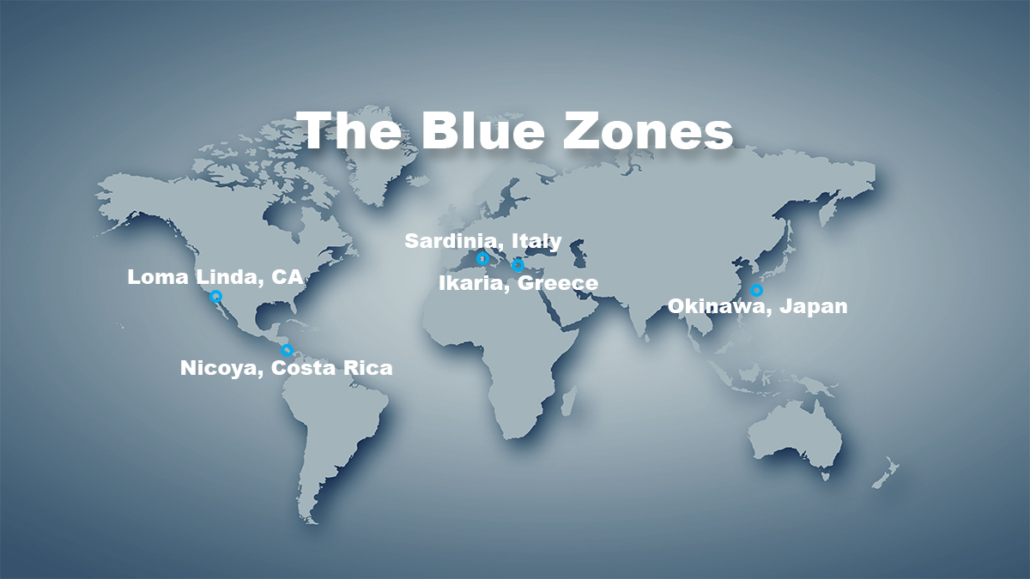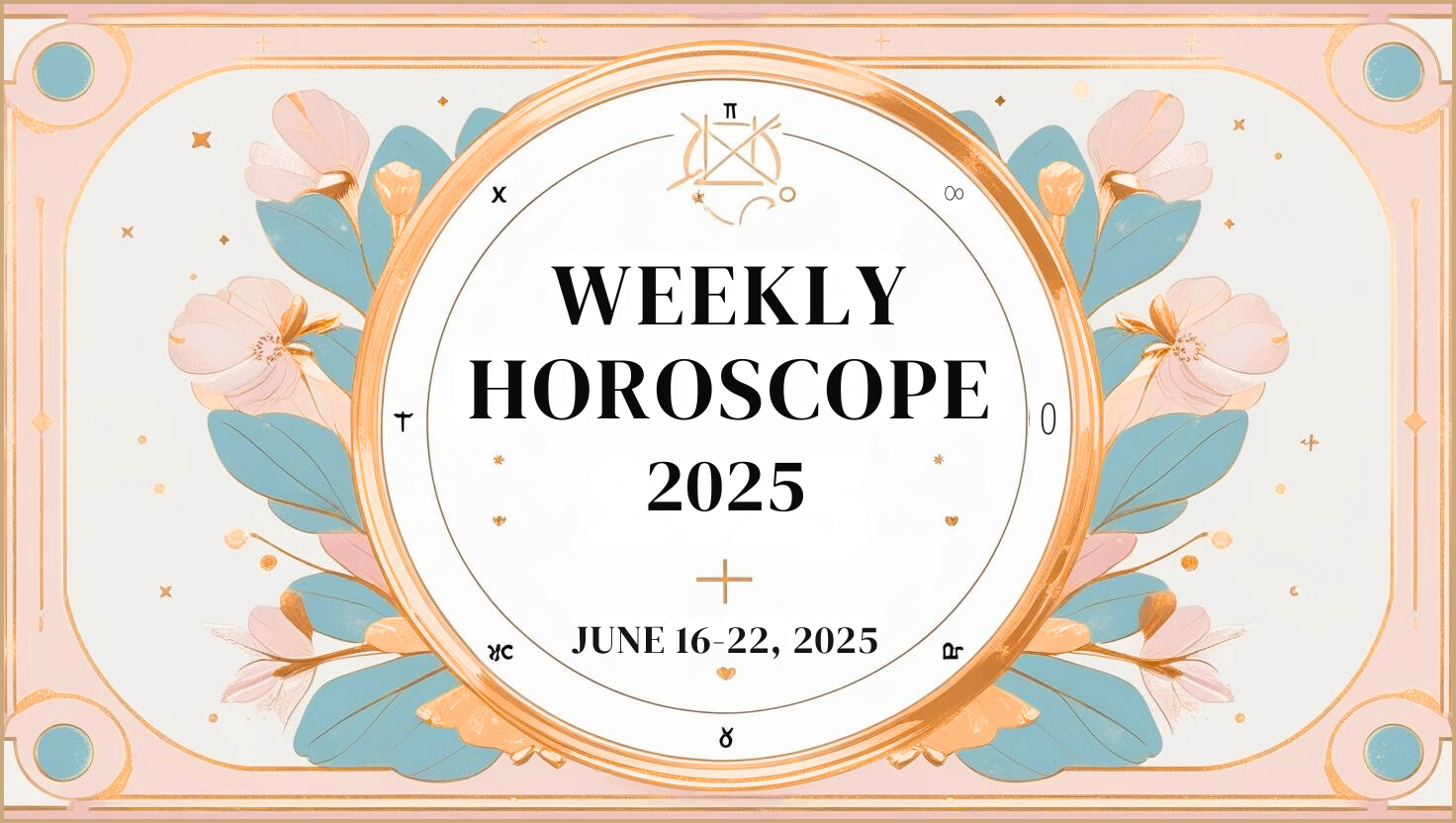Discover early signs of postpartum mind fog and explore gentle, science-backed strategies to naturally recover your cognitive clarity and emotional balance after childbirth.
The Silent Cloud After Childbirth
Postpartum mind fog is a deeply personal and often misunderstood experience that affects many new mothers. It’s more than just forgetfulness—it’s a hazy mental state that brings confusion, difficulty focusing, and a sense of disconnection from daily life.
While often overshadowed by the more recognized postpartum depression, this cognitive fog deserves attention in its own right.

Recognizing the Early Signs of Postpartum Mind Fog
Many women may not immediately recognize the onset of postpartum mind fog. It often starts subtly and can mimic normal fatigue. However, persistent symptoms should not be ignored. Common signs include:
- Short-term memory lapses, such as misplacing keys or forgetting recent conversations, become a frequent frustration.
- Trouble concentrating on reading, holding conversations, or even following through on simple tasks may signal cognitive overload.
- Difficulty finding the right words or expressing oneself, making social interactions feel strained or embarrassing.
- Mental exhaustion that does not improve with rest, leaving you feeling foggy even after a nap.
- Emotional reactivity, such as crying easily or feeling unusually irritable, often occurs alongside cognitive issues.
These symptoms can affect maternal confidence and may also impact bonding with the baby if left unaddressed.

Understanding the Root Causes of Postpartum Mind Fog
Several interconnected biological and lifestyle factors contribute to postpartum brain fog:
- Hormonal shifts following childbirth are among the most significant contributors. The dramatic drop in estrogen and progesterone affects neurotransmitters that regulate mood and cognition.
- Chronic sleep deprivation, particularly during the first three months, disrupts memory consolidation and focus.
- Nutrient depletion, especially of iron, vitamin B12, omega-3 fatty acids, and choline, can impair cognitive function. These nutrients are heavily drawn upon during pregnancy and breastfeeding.
- Stress and emotional overload from managing a newborn, identity shifts, and household responsibilities create a constant mental strain.
- Thyroid dysfunction, especially postpartum thyroiditis, is more common than many realize and can directly impair brain function and mood regulation.
A 2019 study in ACTA ENDOCRINOLOGICA covers the Neuroendocrine Aspects of Pregnancy and Postpartum Depression which confirms women suffering from postpartum disorders have abnormal neural responses, suggesting a neuroendocrine explanation for postpartum syndromes.
Natural and Evidence-Based Strategies for Recovery
You don’t need to suffer in silence. There are natural, science-backed ways to clear the Postpartum Mind Fog and support postpartum brain health.
- Prioritize Rest Through Sleep Synchronization
Sleep is the cornerstone of mental clarity. Try sleeping when your baby naps, even if it’s just for 20 minutes. Use white noise, blackout curtains, and a comfortable sleep setup to maximize rest.
Research by the Sleep Foundation emphasizes the cognitive benefits of even fragmented but consistent sleep.
- Nourish Your Brain with Targeted Nutrition
Replenishing your body with the right nutrients can significantly boost mental clarity:
-
- Iron from lentils, lean meats, and spinach combats fatigue.
- DHA-rich omega-3s from flaxseeds, walnuts, and fatty fish improve brain cell communication.
- Choline in eggs and broccoli supports memory and cognitive processing.
- Stay hydrated and consider herbal infusions like chamomile or ashwagandha to promote calm and mental clarity.

- Incorporate Mindful Movement for Mental Clarity
Light exercise releases endorphins and helps regulate mood and cognitive performance. Aim for:
-
- Daily stroller walks in a natural setting.
- Gentle yoga focused on deep breathing and body awareness.
- Postnatal exercises designed for hormonal balance and pelvic recovery.
- Train Your Brain Gently
-
- Simple cognitive tasks like crossword puzzles, memory apps (like Lumosity or Elevate), or journaling can stimulate neuroplasticity.
- Reading even a few pages daily can re-engage attention pathways in your brain.
- Create a Strong Support Circle
-
- Emotional support is crucial. Speak openly with your partner, join postpartum circles, or connect with online mom communities such as Postpartum Support International https://www.postpartum.net/.
- Don’t hesitate to delegate tasks—asking for help is a strength, not a weakness.
- Use Naturopathic and Ayurvedic Healing Tools
-
- Adaptogenic herbs like ashwagandha and shankhpushpi support stress adaptation and cognitive resilience.
- Abhyanga (warm oil head massage) calms the nervous system, supports sleep, and is deeply grounding.
- The Journal of Ayurveda and Integrative Medicine supports the role of Ayurvedic therapies in reducing stress and cognitive fatigue https://jaims.in/jaims/article/view/3639
When to Seek Professional Help
While postpartum mind fog is common, it should gradually improve within a few months. However, if you experience persistent symptoms beyond 3 months, especially combined with feelings of sadness, detachment, or intense anxiety, it’s important to consult your doctor.
Reclaiming Your Mental Clarity—One Gentle Step at a Time
Motherhood brings unmatched joy, but it also places enormous physical and emotional demands on women. Experiencing postpartum mind fog is not a flaw—it is a natural response to a profound life change.
By listening to your body, nourishing your brain, and leaning into restorative practices, you can steadily emerge from the fog and feel like yourself again—grounded, focused, and empowered.















